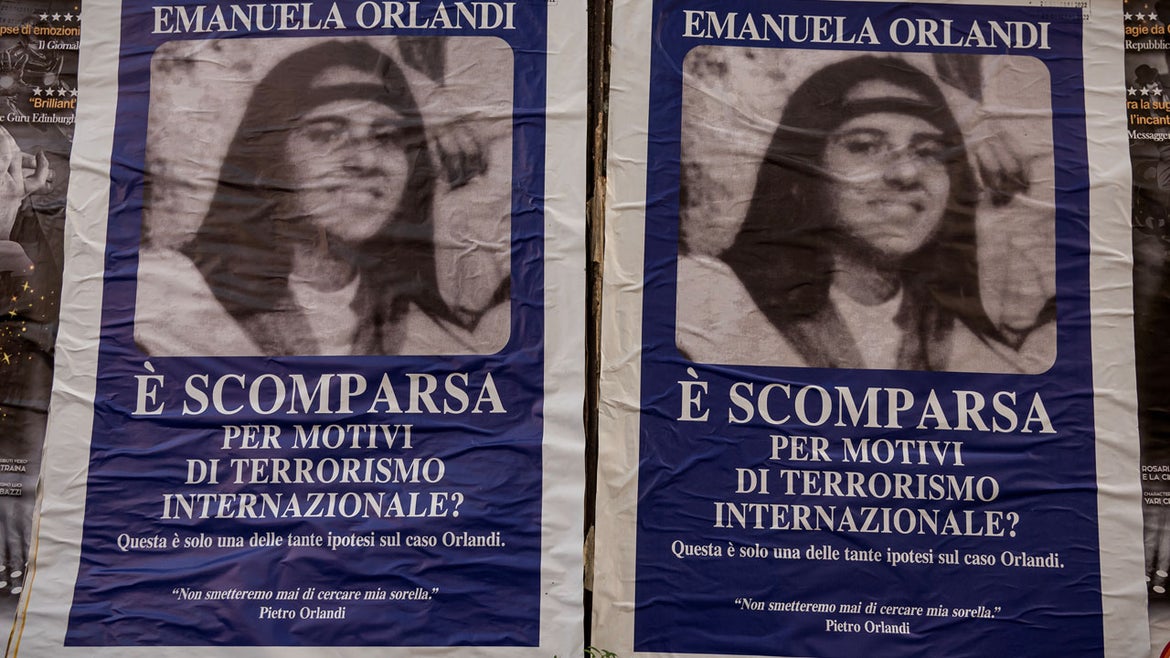Emanuela Orlandi was 15 when she disappeared in 1983 and has recently been the subject of the Netflix documentary series, “The Vatican Girl,” which has reignited interest in the case.
An inquest in Italy has been sought to solve the decades-old cold case of missing “Vatican Girl” Emanuela Orlandi's disappearance.
Orlandi was 15 when she disappeared in 1983 and has recently been the subject of the Netflix documentary series, “The Vatican Girl,” which has reignited interest in the case and has triggered opposition lawmakers to seek a parliamentary commission of inquiry, CBS News reported.
"We are a great secular nation that treats the Vatican with respect, but this case certainly cannot be considered closed in this way," Senator Carlo Calenda said Tuesday at a news conference announcing the proposed commission.
The inquest would pressure the Vatican to finally turn over everything it knows about Orlandi’s case and disappearance to Italian authorities, CBS News reported.
Calenda added that the Vatican’s longstanding official claim of ignorance was "hardly credible."
The teenager vanished on June 22, 1983 after leaving her family's Vatican City apartment to go to a music lesson in Rome. Her father was a lay employee of the Holy See.
Her case has been tied to numerous conspiracies including being linked to everything from the plot to kill St. John Paul II and a financial scandal involving the Vatican bank to Rome’s criminal underworld, the Associated Press reported.
Emanuela’s brother, Pietro, has worked tirelessly to find the truth and justice for his sister. He believes that the Vatican is withholding information and in 2019 was granted access to a tomb in Vatican City where her remains may have been, but nothing turned up.
The inquest launched by Senator Calenda is rare and pushes the Italian legal system as it now is looking to deal with another sovereign nation in Vatican City.
Parliamentary inquests such as this have to be voted on in Italy and in the past have been used in dig into unresolved Mafia crimes and terrorist attacks, and can be activated to conduct investigations “on matters of public interest,” according to the Italian Constitution.
These types of inquiries are not meant to replace police investigations, but participating members of the Italian Parliament have the same powers and limitations as law enforcement. Their final reports can provide sufficient new evidence, as well as political and institutional backing, to justify reopening archived cases, the Associated Press reported.
Now, the inquest must be voted on but with a new Italian government, it remains unclear as to how they will decide in the coming weeks.






